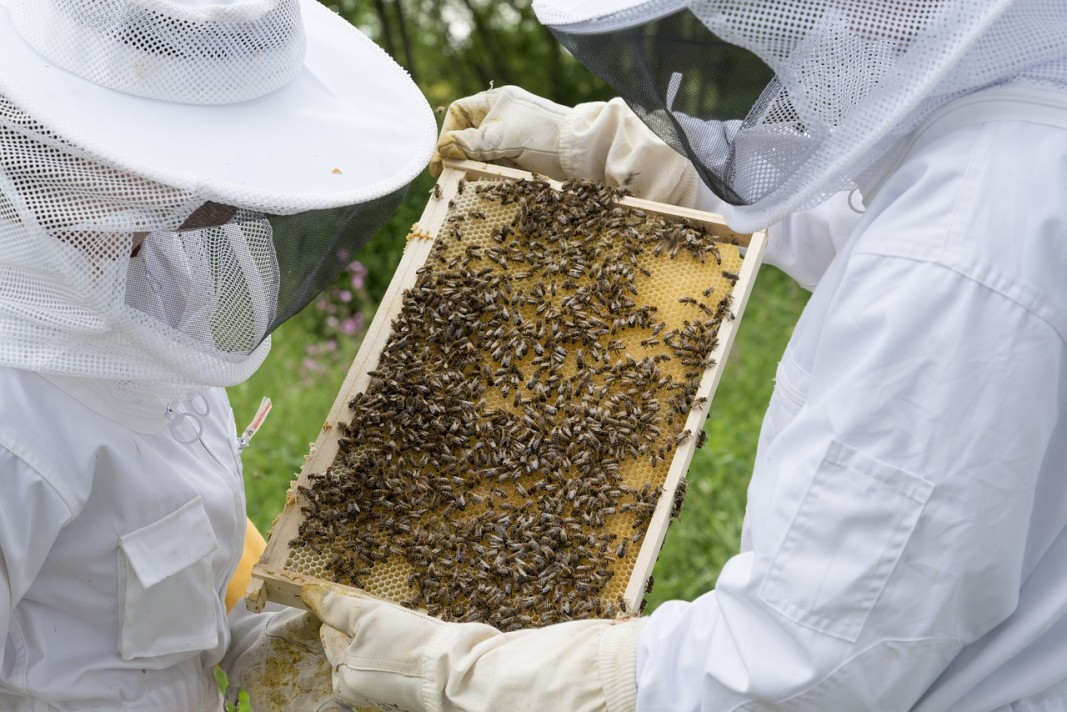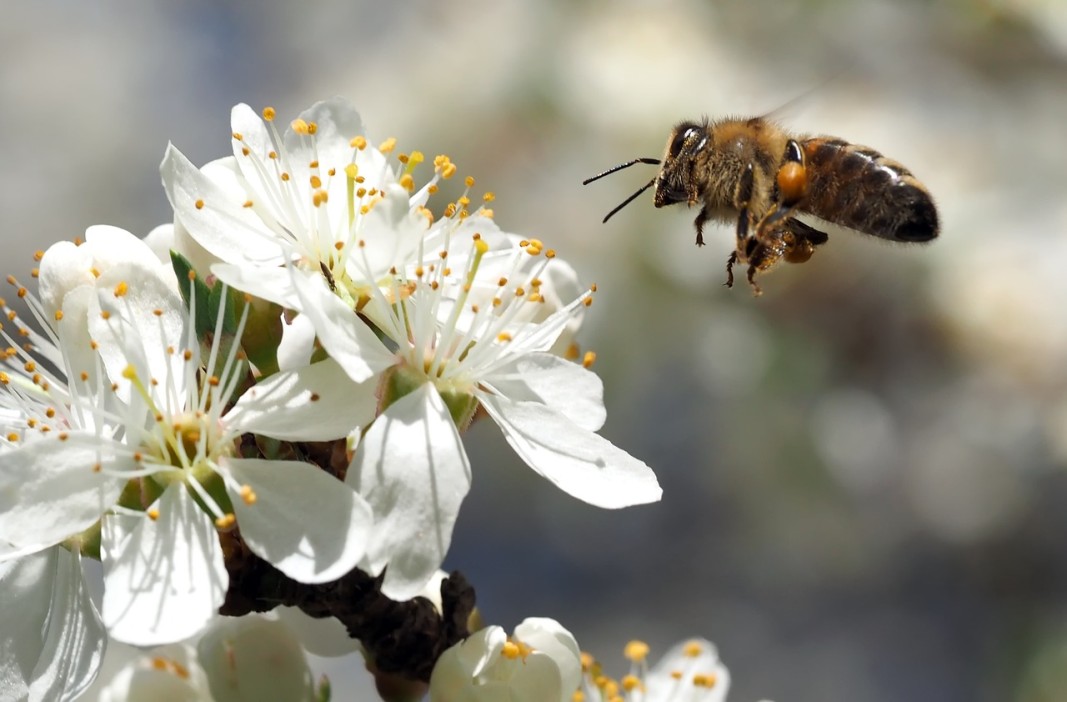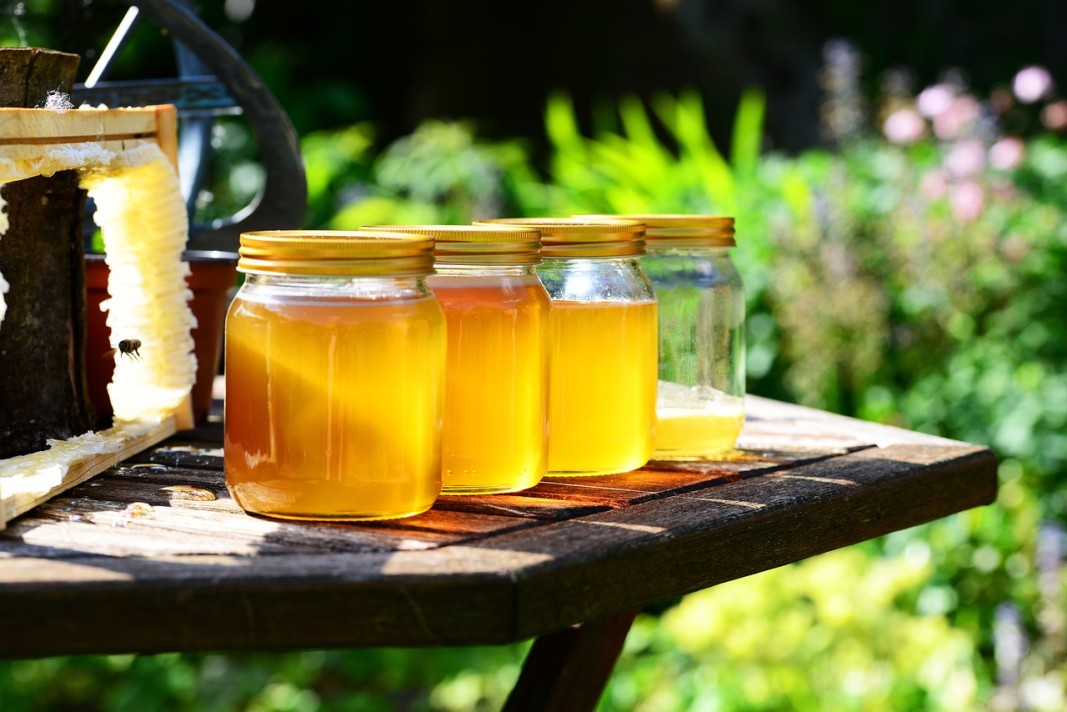The label of the honey jar must indicate the country where the honey was produced by force of a Council of Ministers decree. The aim is to protect the health and the rights of consumers and to facilitate access to high-quality products. The document also defines the characteristics of honey – it shouldn’t contain food supplements.
Beekeepers welcome the measure regarding origin, but urge the Bulgarian Food Safety Agency to step up control because cheap, low-quality honey is often imported in Bulgaria from non-EU countries, and is then repackaged and sold as Bulgarian honey. At the same time the Free Bulgarian Beekeepers – the biggest organization in the sector, with structures in 18 municipalities, declared there were huge problems in beekeeping. Urgent changes are needed and they must be put through by competent specialists who must intervene and administer the sector adequately, honey producers say.

The people working in the sector want to bring attention to the grave environmental threat, with long term consequences, posed by the temporary permission for the use of neonicotinoid pesticides in Northern Bulgaria. “What is at stake here is the life and health of the bees, but also of humans. We, from the beekeeping association want to protect the interests of beekeepers in Bulgaria, but also of Bulgaria’s citizens,” says Yassen Yanev, chairman of the organization. In his words, the reason why such an exception has been allowed for the use of prohibited pesticides is that farmers cannot get rid of the maize leaf weevil – a pest on maize and sunflower.
“The seeds treated with such pesticides find their way into the soil,” the beekeeper explains. “The pesticides are active for at least 19 years, and we can ingest them with water, food, air. At the same time, they are water-soluble along the entire length of the plant. And when the bees take the nectar from the sunflower, or the pollen from the maize, they die.”

Another problem beekeepers have been raising the alarm over is the extremely low purchase price of honey, even though end users have been paying 12-15 Leva a kilogram.

“There are so many price manipulations right now,” Yassen Yanev says. “We are talking about a purchase price of 4.50-4.80 Leva per kilogram because of profiteers who have been exploiting the work of beekeepers. That is why we sent a letter to the relevant institutions – the Ministry of Economy, the Commission for Consumer Protection, plus the President, asking whether there exists a cartel in the country. When we get the answers we shall submit them to the EU agriculture commissioner and the European Public Prosecutor's Office, because what is happening is a crime against the Bulgarian people. There is no explanation why the purchase price is lowest in Bulgaria, given that it is not as low in Romania, Serbia, Greece, Turkey, even Georgia and Azerbaijan – on the other side of the Black Sea.”

In their letter to the President, the beekeepers are demanding that the Ministry of Agriculture make changes to the consultative council on beekeeping as a matter of urgency, and that the academic community determine the policy in the sector from now on.
They also want to be given information about the structures which have absorbed millions to advertise Bulgarian honey. “We can’t have nobodies talking all kinds of rubbish on media all the time,” Yassen Yanev says, and challenges journalists – in two weeks’ time, when the new Council of Ministers regulation is published in the State Gazette, to go on an inspection together so they can see for themselves that even then, glucose will be on sale instead of pure honey.
Interview by Vanya Slavova, BNR-Varna
Compiled by Diana Tsankova
On the occasion of the upcoming National Holiday - March 3 and 147 years since the Liberation of Bulgaria from Ottoman rule, the Regional Library in the city of Yambol is conducting the campaign "Let's Read for Bulgaria". The goal is..
The Aviation Training Center at Sofia Airport has received accreditation from the Airports Council International (ACI) and joins the elite group of 21 training hubs, including those at leading European airports such as Munich,..
The Museum of the Bulgarian National Revival in Varna presents a collection of 15 authentic folk costumes from the collection of the Historical Museum in the town of Popovo. The valuable costumes are from the regions of Elhovo,..
On February 16, Radio Bulgaria celebrates its 89th anniversary . Throughout these years, our multilingual media has been not only a channel of information,..
At various times in its existence, the BNR's Directorate of Foreign Language Broadcasts, now known as Radio Bulgaria, the multimedia multilingual platform..
February 16, 2025 marks the 127th anniversary of the first bulletin of the Bulgarian Telegraph Agency, signed by its first director Oscar Iskander. The..

+359 2 9336 661
